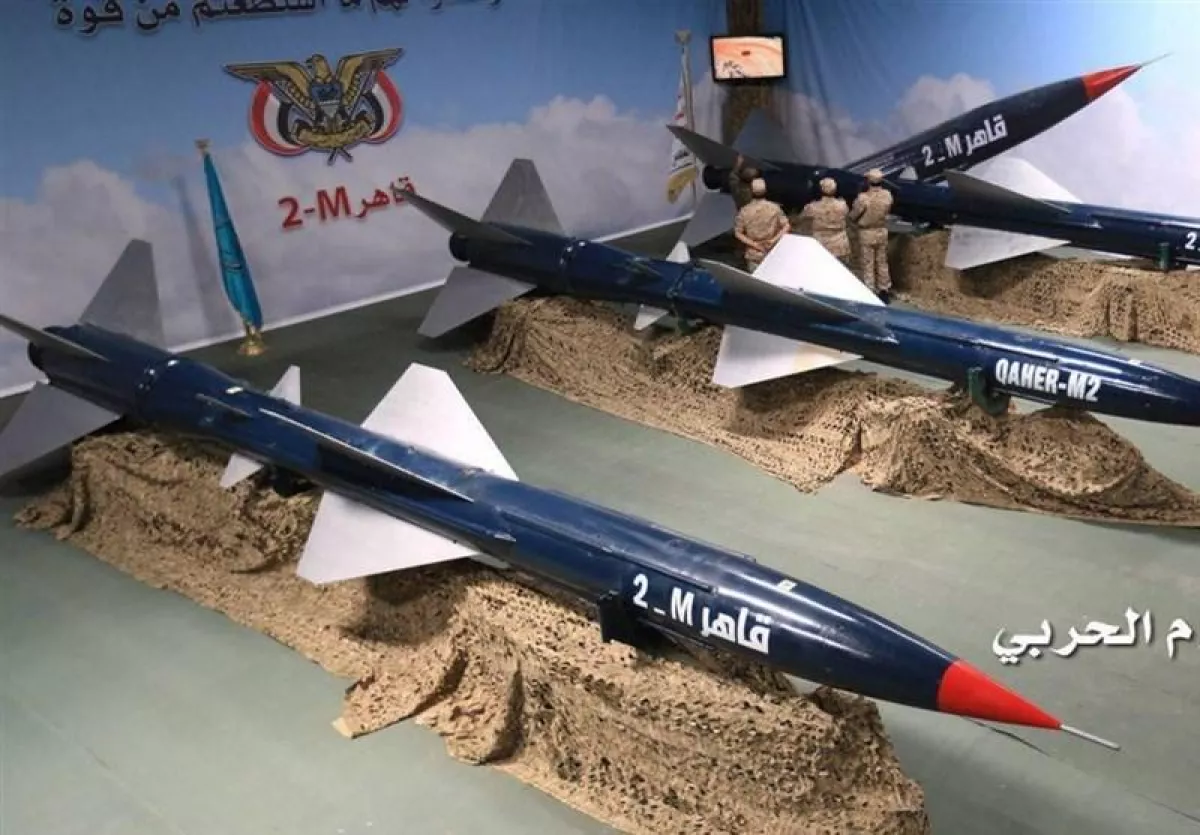Trump strikes deal with Houthis Is the US withdrawing from the conflict?
Donald Trump has announced that the United States will immediately halt its bombings of Yemen’s Houthi rebels following the conclusion of an agreement with them. The news came as a surprise to one of Washington's key allies—Israel.
On May 6, President Donald Trump declared that the US would stop bombing the Houthis in Yemen. According to him, the Iran-linked group had agreed to cease attacks on key shipping lanes in the Middle East and to stop targeting civilian vessels. Following Trump’s announcement, Oman officially confirmed that it had acted as a mediator in brokering the ceasefire agreement between the Houthis and the US, marking a significant shift in the group’s policy since the onset of Israel’s war in Gaza in October 2023.
Under the terms of the agreement, neither the US nor the Houthis will strike each other, including US vessels in the Red Sea and the Bab el-Mandeb Strait, according to Oman’s statement.
“They have said: ‘Please don’t bomb us anymore, and we are not going to attack your ships,’” Trump said during a meeting in the Oval Office with Canadian Prime Minister Mark Carney. “I will accept their word and we are going to stop the bombing of the Houthis, effective immediately,” he added.

The United States stepped up its strikes against Yemen’s Houthi rebels this year in an effort to stop attacks on shipping in the Red Sea. The group used Iranian-made anti-ship missiles and drones for these assaults, and Iranian operators and radar systems were likely involved in targeting.

The Houthis control roughly a third of Yemen’s territory, home to about half of the country’s population, including the capital, Sanaa. They have been launching attacks on Israel and commercial vessels in the Red Sea since Israel began its military campaign in Gaza following the Hamas assault on 7 October 2023. Previously, the Houthis had stated they would cease firing on civilian ships only if Israel halted its bombing of Gaza.
According to the U.S. military, more than 1,000 strikes have been carried out since the start of the current operation in Yemen, known as Rough Rider, which began on 15 March. These strikes, according to U.S. military sources cited by Reuters, have killed “hundreds of Houthi fighters and numerous Houthi leaders.”
The Houthis, in turn, reported that they had shot down several American drones and one F-18 fighter jet. “As a result of an operation targeting the aircraft carrier Harry Truman, after which it retreated to the northern part of the Red Sea, closer to the Suez Canal, an F-18 fighter was shot down, and an airstrike on our country was thwarted,” said Houthi military spokesperson Yahya Saree during a broadcast on Al Masirah TV. According to CNN, the Houthi attack caused an F/A-18E Super Hornet to fall off the carrier’s deck during a sharp evasive manoeuvre [to avoid an incoming Houthi missile].
The head of Yemen’s Supreme Revolutionary Committee and Houthi leader, Mohammed Ali al-Houthi, stated that while the group is halting military actions against the United States, it will not cease its strikes on Israel. He said the movement would continue supporting the Palestinians and launching attacks on Israel as long as it continues bombing Gaza.
On May 4, a Houthi missile landed near Israel’s Ben Gurion Airport, prompting the Israeli Air Force to carry out airstrikes on Yemen’s Hodeidah port on May 5.
The Houthi strike led several international airlines to suspend flights to Israel, while Israeli carriers continued operations at the airport. Following the attack, the Houthis declared an aerial blockade of Israel.

On May 6 afternoon, the Israel Defence Forces (IDF) announced that it had carried out numerous retaliatory airstrikes across Yemen, targeting Sanaa International Airport, power stations, and a cement plant in an effort to weaken Houthi positions.
Meanwhile, senior Israeli officials told The Jerusalem Post that Israel was stunned by Trump’s announcement of a ceasefire with the Houthis. According to a well-informed source cited by the publication on May 6, Israel had not been informed in advance about U.S. President Donald Trump’s statement regarding the Houthis.
The Houthi attacks have dealt a serious blow to global trade, as approximately 9 per cent of the world’s maritime commerce—including a similar share of seaborne oil trade—passes through the Red Sea and Suez Canal. As a result of these attacks, several ships have sustained damage. While trade through the Red Sea has not come to a complete halt, its volume has dropped significantly. Egypt’s annual revenue from the Suez Canal has fallen from $10 billion to $4 billion.
The actions of the Houthis have posed a direct challenge to America’s global influence and dominance. The United States’ superpower status rests, in part, on its ability to guarantee the security of international shipping while maintaining control over the world’s key trade routes. By reaching an agreement with the Houthis, Washington is, to some extent, restoring that status—provided, of course, the deal holds.
But there are caveats. For now, it appears that the U.S. has exited the war with the Houthis by compelling them to halt attacks on international shipping in the Red Sea—yet without securing a halt to their strikes against America's top Middle Eastern ally, Israel. Does this not amount to a disregard for an ally’s security interests? Time will tell.








